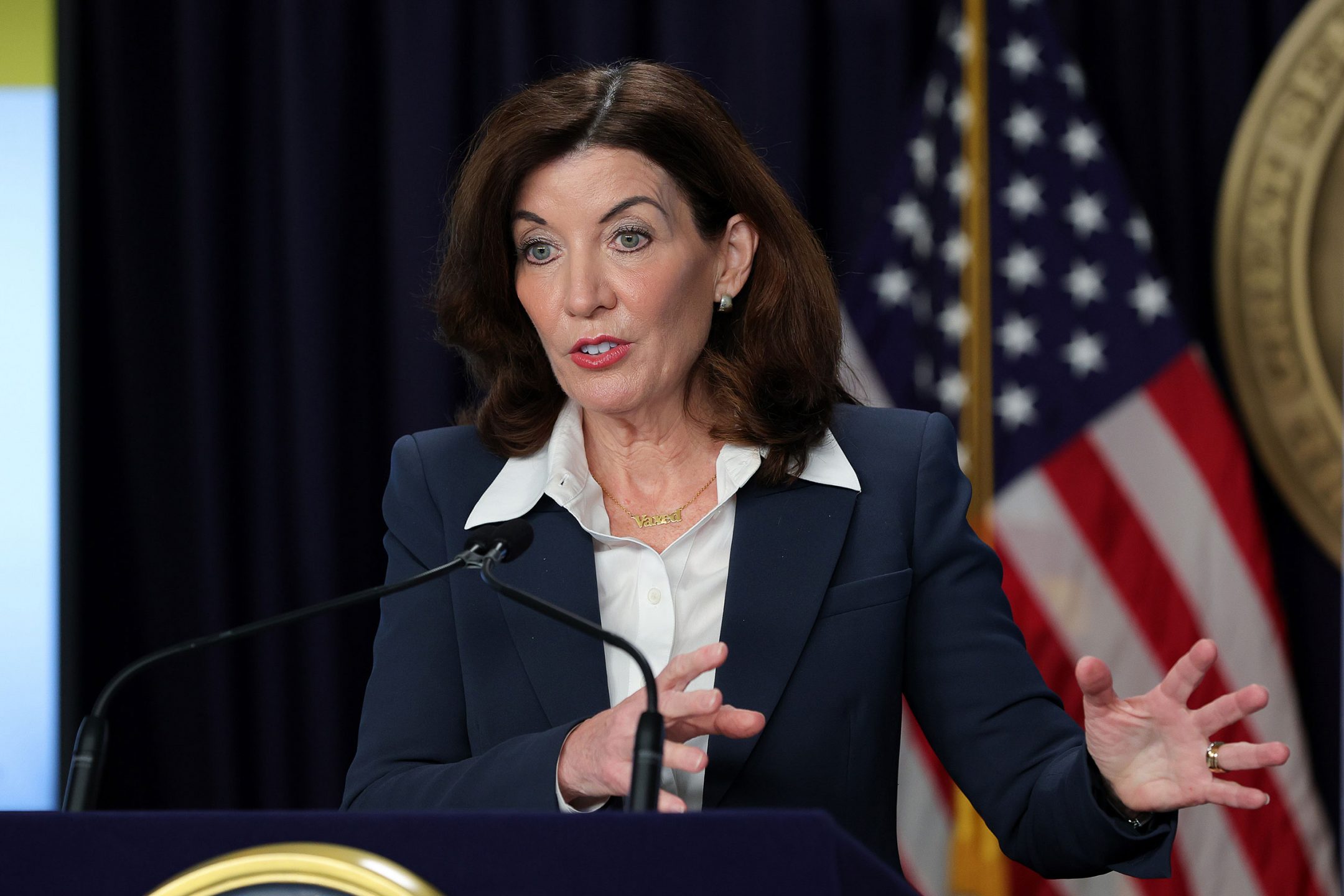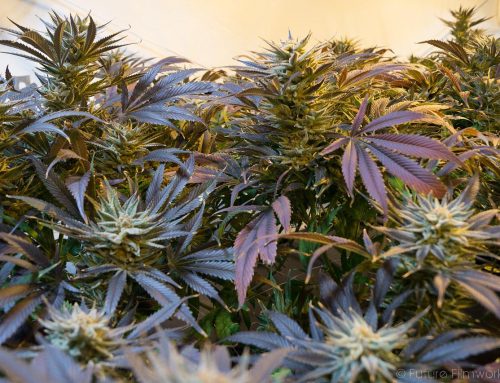Governor Hochul’s Budget Proposes Key Changes in Cannabis Taxation and Enforcement
NEW YORK– In a significant move towards reforming cannabis policy in New York, Governor Kathy Hochul has introduced pivotal elements in her Fiscal Year 2025 budget that could reshape the landscape of the cannabis industry in the state. The proposed budget, reflecting the discussions from the inaugural Senate Subcommittee on Cannabis hearing in October, includes crucial changes in cannabis taxation and enhanced enforcement measures.
Governor Hochul’s budget outlines a strategic plan to “repeal and replace” the existing wholesale THC potency tax with a more streamlined 9% wholesale excise tax. This approach aims to simplify tax collection and reduce the burden on cultivators, processors, and distributors. The move is expected to promote the expansion of the legal adult-use cannabis market by making tax processes more efficient. The retail and local retail taxes will remain unchanged, ensuring a stable tax environment for consumers and local governments.
The proposed changes are particularly impactful for vertically integrated entities like Registered Organizations and microbusinesses. In such cases, where traditional distributor-retailer transactions are not applicable, the new tax will be applied to 75% of the final retail sales price, directly impacting the final sale to consumers.
Enforcement of cannabis regulations, a subject Governor Hochul emphasized in her State of the State address, is also a key focus of the budget. The Executive Budget includes provisions to empower the Office of Cannabis Management (OCM) and local government agencies with enhanced authority to act against unlicensed cannabis businesses. This includes the ability to seal or padlock these establishments. Additionally, the budget promises more funds for the Department of Taxation and Finance to support these enforcement efforts, although specific details are yet to be disclosed.
NYC Mayor Eric Adams expressed his support for Hochul’s enforcement strategy, noting the potential benefits for New York’s criminal justice system and the opportunity to effectively regulate the cannabis market in the city’s five boroughs.

































